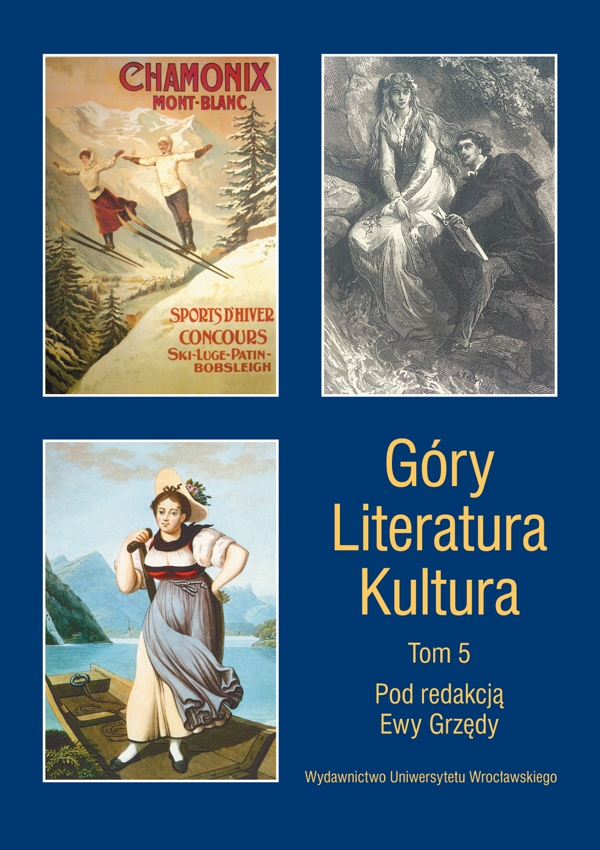

Artykuły

Switzerland and the Alps in the Kościuszko legend
Switzerland, perceived as the last European haven of freedom and an Alpine country with ideal natural conditions making it possible to present its image in accordance with the Arcadian convention and the bucolic tradition closely related to it, occupies a separate place in the Kościuszko legend. The very fact that the Commander spent the last years of his life in the land of the famous Tell and that he died there could be a basis for the authors of the Kościuszko myth to attach special significance to this area. In this context, both the history, politics, society and the landscape of Helvetia acquired symbolic status. The pastoral myth, which was the basis of Swiss democratic aspirations, the legends of Tell and Winkelried, as emblems of the confederation system, as well as the monumental nature of the high mountain landscape, created a good context for giving Kościuszko’s image heroic stature, because they corresponded ideally to his personality. Other important elements of the Kościuszko legend included Solothurn and Xavier Zeltner. As early as the first half of the 19th century both the image of the city and Zeltner’s generosity became a permanent part of the Kościuszko tradition. Its Swiss Alpine aspect is thus one of the most important components that determine the transborder and solidarity-related nature of this myth.